Executive Summary
Procurement teams are under increasing pressure to manage complex supplier relationships, maintain compliance and drive strategic value across the organisation.
However, manual contract handling often results in inefficiencies, compliance risks, and missed opportunities. Implementing contract management software can transform these challenges into streamlined, data-driven operations.
From centralised document control and automation to improved supplier relationships and audit readiness, this guide explores how the right solution empowers procurement teams to operate more efficiently and strategically.
How the right contract management software transforms procurement performance
Saying that contract management is a critical component of procurement is nothing new.
Contract Management softwares plays an essential role in simplifying every aspect of the process – from drafting and negotiating agreements to tracking deliverables, ensuring compliance and managing relationships with suppliers. Yet, without dedicated software, managing contracts can become overwhelming, leading to lost documents, missed deadlines, compliance risks and inefficiencies.
Let’s break down the crucial ways the right Contract Management software solution can improve life for your organisation’s procurement team.

1. Centralised Document Repository and Improved Accessibility
The right contract management system creates a single, central repository for all contracts and supporting documents. In a traditional setup, contracts may be stored in various locations – from individual desktops and email attachments to physical filing cabinets. A scattered storage approach limits accessibility, increases the chances of version control issues and makes locating specific documents time-consuming.
With the right tools in place, authorised users can quickly access necessary information and documents from a central location, with real-time updates to prevent version conflicts. This visibility not only streamlines contract retrieval but also strengthens collaboration, as team members and stakeholders can access the same information without repetitive email exchanges or physical meetings.
2. Enhanced Compliance and Risk Management
For procurement teams, staying compliant with terms and legal regulations is essential, especially in heavily regulated sectors like healthcare and financial services. Non-compliance can lead to substantial penalties, reputational harm, operational risks and strained relationships with suppliers.
An effective contract management system helps mitigate these risks by automating monitoring and reporting of compliance, providing early alerts based on your business risk appetite.
Features like automated workflows and deadline reminders support compliance by ensuring team members complete necessary actions on time. By identifying and addressing potential compliance issues early, procurement teams can reduce risks and better manage supplier relationships.
3. Automation and Efficiency Gains
Effective contract management software automates repetitive tasks that would otherwise consume valuable time. From standardised contract templates to scheduling reminders for key dates, such as contract renewals and performance evaluations – automation not only saves time but also improves the accuracy of contract data, guided direction and fewer manual inputs reduce the risk of human error.
Moreover, workflow automation allows procurement teams to streamline approvals. For example, when a new contract needs approval, the right contract management solution can automatically route the document to the appropriate stakeholders based on predefined criteria, sending reminders if delays occur.
This structured process reduces the risk of bottlenecks and accelerates contract lifecycle management, enabling procurement teams to focus on more strategic tasks.
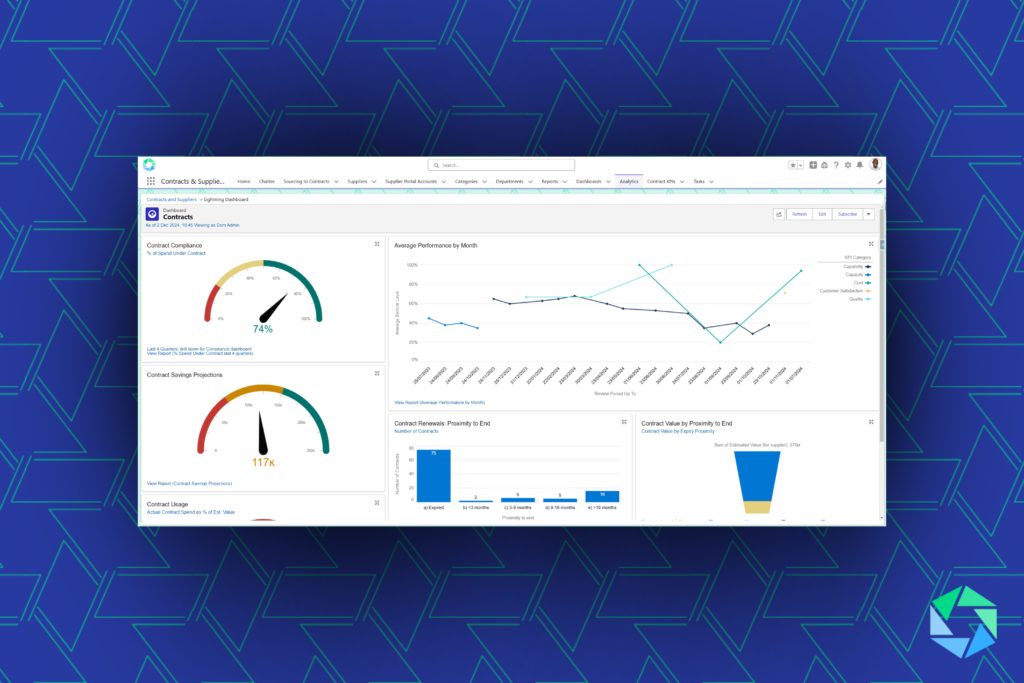
4. Real-Time Analytics and Performance Monitoring
Performance tracking is crucial for assessing the effectiveness of contracts and ensuring that suppliers meet their obligations. Traditional contract management approaches often lack performance tracking mechanisms, leaving procurement teams in the dark about vendor performance until it’s too late. Modern contract management software, however, provides real-time analytics and intuitive dashboards to monitor key performance indicators (KPIs).
With access to this essential data, procurement teams can track metrics such as on and off contract spend, savings and vendor compliance. These insights empower teams to make informed decisions regarding vendor relationships, potential contract renewals, or renegotiations.
For example, if a vendor consistently misses deadlines, your contract management solution must help track this trend over time, providing evidence for renegotiating terms or exploring other supplier options.
5. Reduced Administrative Costs and Improved Financial Visibility
Procurement software can significantly reduce the administrative burden on procurement teams by automating tasks and centralising data. Additionally, with improved visibility into contract-related expenses, procurement teams are empowered to identify areas for cost reduction.
With the right solution, procurement teams can analyse financial data across all contracts to pinpoint where overspending occurs or where savings could be made. For instance, if multiple contracts have similar services but different pricing, procurement can consolidate these services under a single, more cost-effective contract.
This approach not only saves money but also reduces the complexity of managing multiple agreements for similar services. Teams can then create more strategic category sourcing plans for value and consolidation.
6. Improved Audit Readiness
Particularly in industries governed by stringent regulatory requirements, audits are a regular occurence. Without a tailored contract management software solution in your corner, preparing for an audit can be time-consuming and stressful, as teams are forced to scramble to locate documents, confirm compliance and address discrepancies. Platforms must streamline audit preparation by maintaining accurate records and tracking every interaction and modification made to a contract.
Teams need access to comprehensive audit trails, with every change, approval and action taken throughout a contract’s lifecycle recorded. These trails make it easy to demonstrate compliance and address auditor inquiries swiftly, reducing the disruption audits can cause to daily operations and prioritising the wellbeing of your team.
If teams don’t align their procurement solution with their procurement processes, they may see audits identify areas of improvement.
7. Strengthening Supplier Relationships
Contract management software can help strengthen supplier relationships by supporting clear communication and consistent contract performance monitoring. With automated alerts, procurement teams can proactively manage contract renewals, renegotiate terms before deadlines and promptly address supplier performance issues.
This level of engagement and responsiveness often fosters trust and loyalty with suppliers, which in turn can lead to more favourable terms, better service and enhanced collaboration on future projects that potentially uncovers new opportunities for innovation.
8. Strategic Insight and Future Planning
As organisations come to realise the strategic role procurement can play , having access to detailed contract data and performance insights is invaluable. Decision-makers must choose a software partner that provides procurement leaders with the data required to understand spending patterns, supplier performance and contract outcomes, supporting strategic decision-making.
With a robust contract management system, procurement can shift from a reactive to a proactive approach, using data-driven insights to anticipate challenges, explore new opportunities and align contract strategy with organisational goals.
Why Contract Management Software Matters
Implementing contract management software offers procurement teams numerous advantages, as well as opportunities to drive efficiencies and improve the effectiveness of their procurement function, which in turn reduces risk and increases value.
However, we know many organisations are yet to implement procurement software and are still relying on various spreadsheets to manage their sourcing operations. Manual procurement processes increase risks associated with version control and data alignment.
Contract Management software is no longer a luxury for procurement teams but a vital tool that supports the function in achieving not only the goals of the department but the strategic business goals procurement is a fundamental part of reaching.
Ready to streamline your procurement process?
Explore how the right contract management software can transform your contract lifecycle management process and unlock new levels of efficiency, compliance and control.
If you’d like to learn more or discuss the best solution for your organisation, get in touch with our team today. We’d love to help you simplify your contract processes and achieve greater value from every agreement.

Ready to take your contract management to the next level?
If you’re looking for a software partner to streamline your procurement processes, get in touch today.
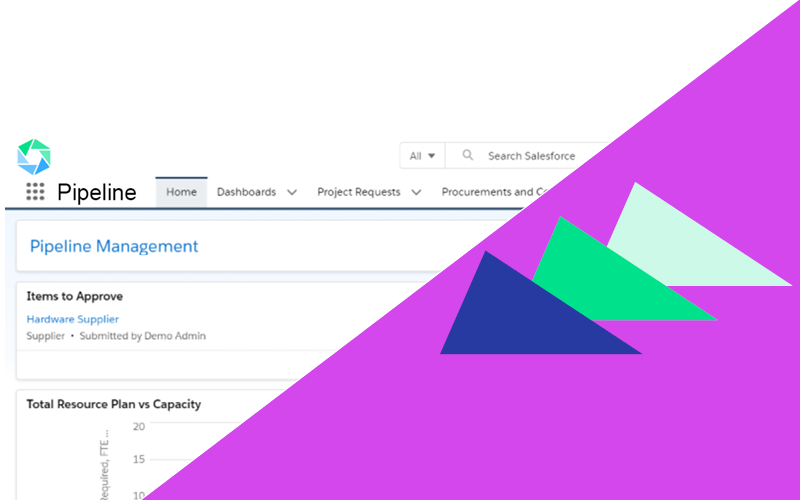 Our Pipeline App empowers your team to plan ahead and forecast for upcoming procurement activities.
Our Pipeline App empowers your team to plan ahead and forecast for upcoming procurement activities. 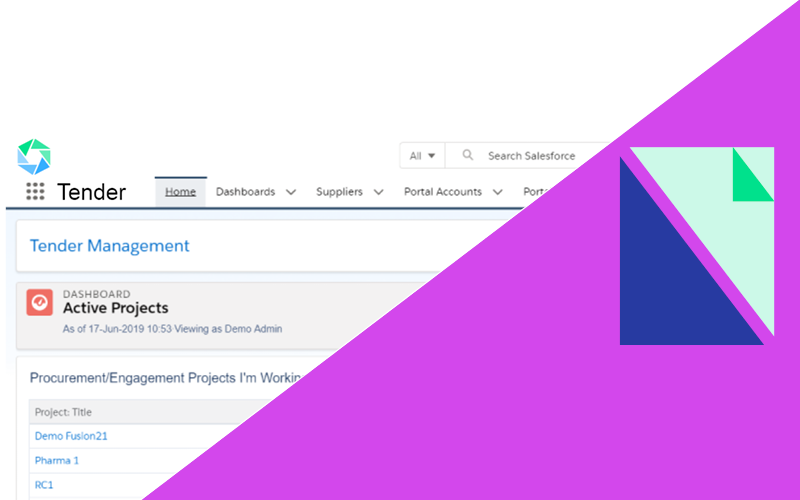 The Tender App allows your team to visualise all sourcing activities within your Atamis platform, from issuing tenders to receiving bids.
The Tender App allows your team to visualise all sourcing activities within your Atamis platform, from issuing tenders to receiving bids.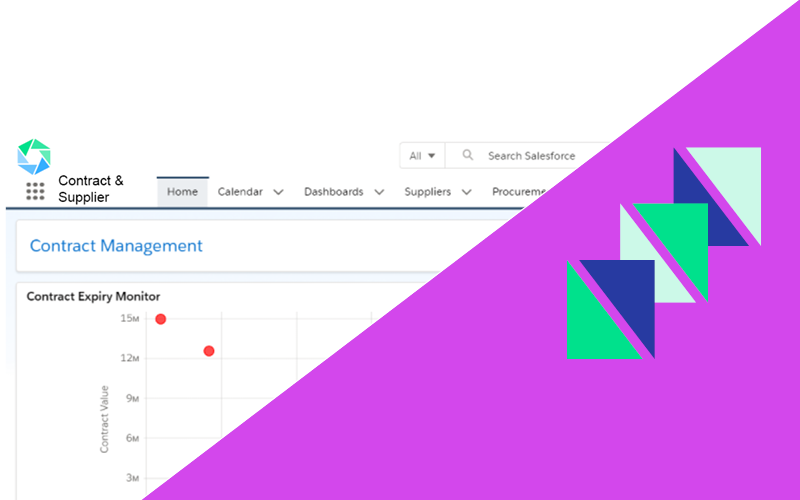 Our Contract & Supplier App puts your team in firm control of your key supplier relationships and provides a central repository for all contracts.
Our Contract & Supplier App puts your team in firm control of your key supplier relationships and provides a central repository for all contracts. 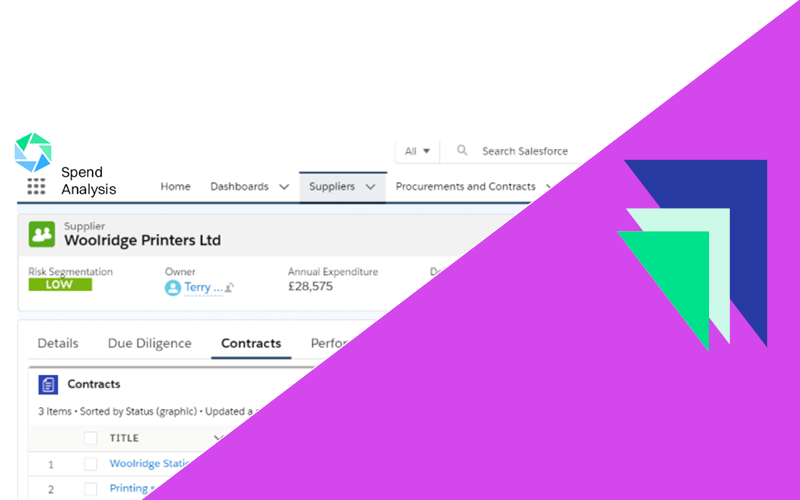 Our Enhancers ensure your solution is tailored to your needs. Pick and choose additional functionality that fits your requirements.
Our Enhancers ensure your solution is tailored to your needs. Pick and choose additional functionality that fits your requirements. 